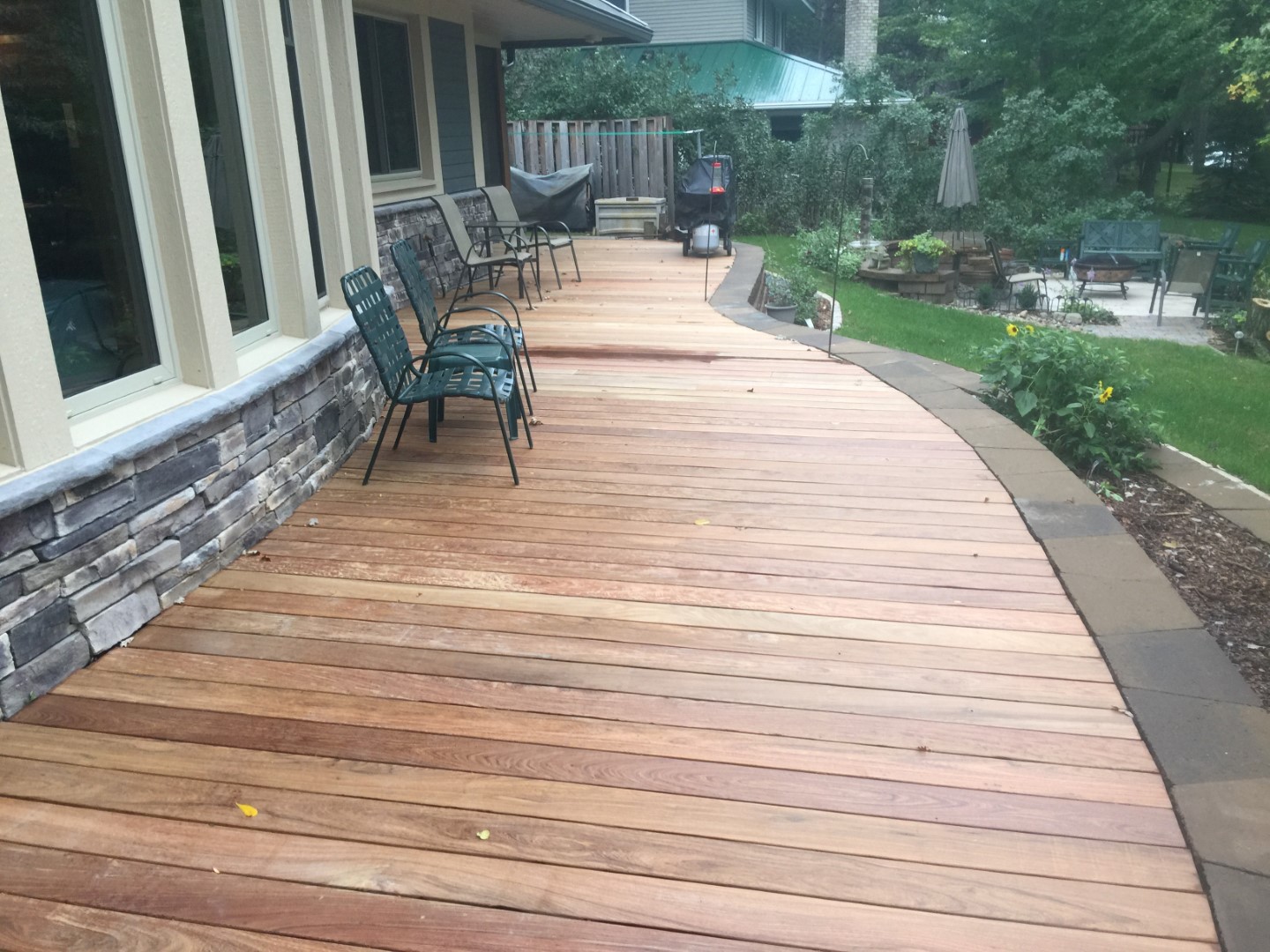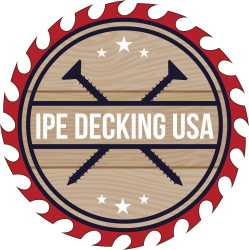Ipe Wood: A Versatile Material for Deck Building

Regarding deck building, Ipe wood is a top choice among builders for its impressive qualities. Ipe, also known as Brazilian Walnut, is known for its density, natural oils, and durability. Here are eight reasons why Ipe is the ideal material for deck building:
Naturally Resistant to Rot:
Due to its natural oils and dense fiber structure, Ipe is highly resistant to rot and fungal growth, making it an excellent choice for outdoor decking. Unlike other woods that can be prone to rot, Ipe can last for many years without the need for maintenance.
Resistant to Insects:
Ipe’s natural oils and density make it highly resistant to insect damage. This is an important factor for those who want to avoid the hassle of insect-proofing their outdoor spaces.
Excellent Heat Dispersion:
Ipe wood is known for its low heat retention rate and rapid heat dispersion, making it a great choice for outdoor decking in warm climates. Elevating the deck slightly off the ground can also enhance the natural heat dispersion of the wood.
Sturdy and Stylish:
Ipe wood is a versatile material that provides both durability and beauty. Its fine-grained texture and warm red tones make it a stylish option for deck building, while its strength ensures that the deck will last for many years.
Resistant to Fire:
Ipe is naturally fire-resistant, making it an ideal choice for those who live in areas with a high fire risk. Its fire-resistant qualities make it a popular option for rooftop decking in urban areas.
Sustainably Sourced Options:
Sustainable sourcing of Ipe is also available for those looking for an eco-friendly option. Companies in Bolivia, working with organizations such as the Rainforest Alliance and the Forest Stewardship Council, are committed to maintaining a forest management plan that protects the rainforest and supports local communities in the timber industry.
No Harsh Chemicals Needed:
Ipe’s natural resistance to rot and insects eliminates the need for pressure-treating the wood with harsh chemicals and preservatives, making it a healthier choice for families and the environment. Sealing the wood with a rose oil-based product after installation is the only treatment.
Low-Maintenance:
Ipe is a dense hardwood that requires minimal care. Its low expansion and contraction rate means that it will last for many years without cracking or splintering. It does not need to be sanded or sealed, making it a low-maintenance option for outdoor decking. Over time, the wood will turn a sun-bleached silver color, which is a desirable aesthetic for some.
In conclusion, Ipe wood is a versatile material that provides excellent resistance to rot, insects, heat, and fire, and requires minimal maintenance. Its attractive appearance and durability make it a top choice among builders for deck building.
Ipe decking is known for its stability and durability, as it is less affected by temperature and moisture fluctuations than other materials. This leads to a longer lifespan without cracking or splintering, saving you the time and effort to sand down or replace damaged boards. Additionally, no sealing is required as the wood will naturally age to a sun-bleached silver color, providing an attractive look if that suits your aesthetic preferences.
